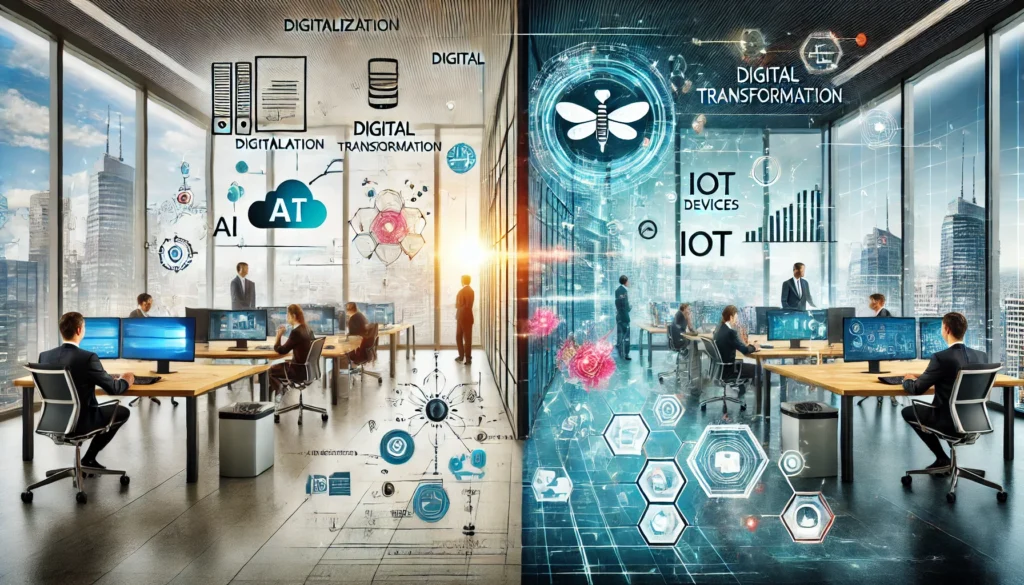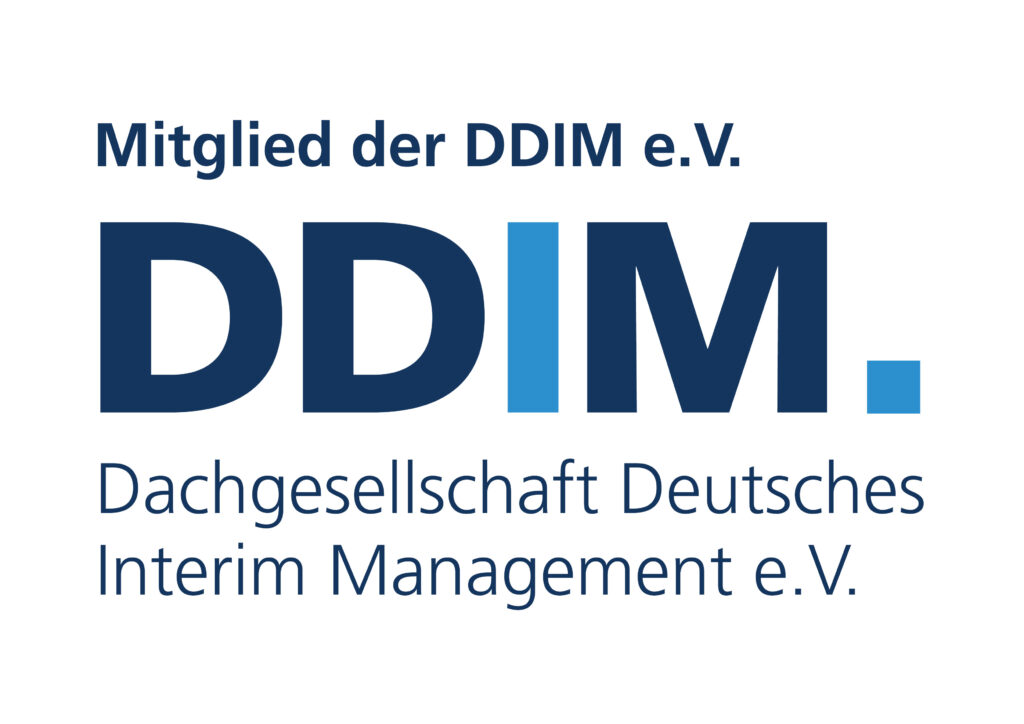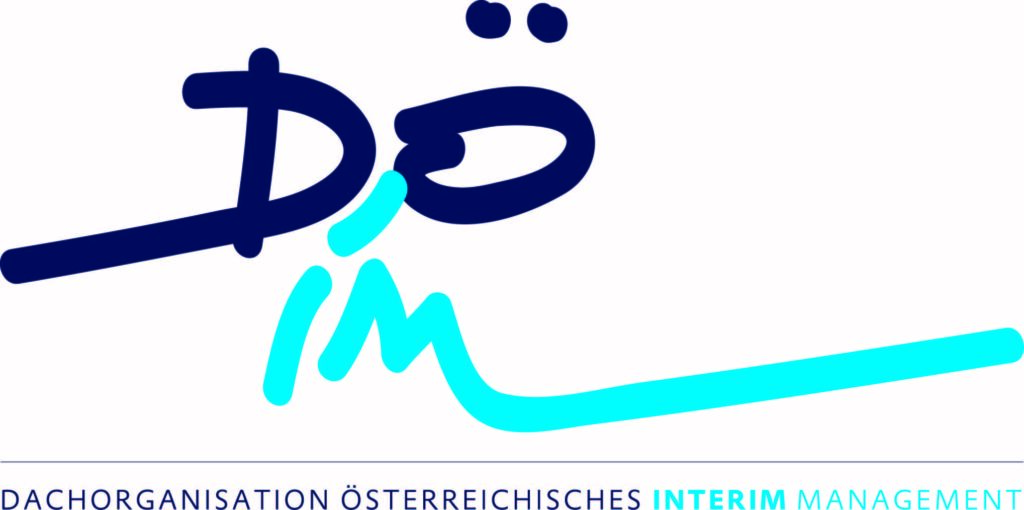
Interim CIO: Dr. Claus Michael Sattler
Digitalization vs digital transformation

Digitalization vs digital transformation – two terms that are often mentioned in the same breath in today’s business world. But what exactly is behind these concepts? How do they differ? Let’s take a deeper look at these important topics together.
Digitalization: The first step into the digital world
Digitization is the process of converting analogue information and processes into digital formats. It is about optimizing and automating existing processes and systems with the help of technology and thus migrating them into digitally available formats.[Source: 1].
Core aspects of digitization:
- Increased efficiency: Digitization enables companies to speed up and streamline their processes.
- Automation: Routine tasks are taken over by digital tools, saving time and resources.
- Use of data: Digital systems enable better collection and analysis of data, which leads to more informed decisions.
- Improved communication: Digital channels facilitate the exchange of information within the company and with suppliers and customers.
Digital transformation: the big hit
Digital transformation goes far beyond mere digitalization. It describes a comprehensive change that affects the entire company and often leads to completely new business models[source: 2].
Characteristics of the digital transformation:
- Holistic approach: Digital transformation affects all areas of a company, from corporate culture to interactions with suppliers and customers.
- Strategic realignment: It’s not just about introducing new technologies, but about a fundamental reorganization of the corporate strategy.
- Innovation focus: Companies develop new products, services and business models that would not be possible without digital technologies.
- Customer centricity: Digital transformation aims to fundamentally improve the customer experience and create new value for customers.
A prime example of digital transformation is the change from traditional retailers to e-commerce platforms. Here, it is not just the sales process that is changing, but the entire business model, including logistics, customer service and marketing strategies[source: 3].
The crucial difference - digitalization vs digital transformation
While digitalization focuses on optimizing existing processes, digital transformation aims to comprehensively change the business model and corporate strategy[source : 2]. Digitalization is often the first step on the path to digital transformation, but it alone is not enough to truly transform a company.
Digitization
Focus:
Automation and optimization of existing processes
Scope:
Concerns specific processes and technologies
Goals:
Increasing efficiency and productivity
Approach:
Often technology-driven, focused on the introduction of new tools
Digital transformation
Focus:
Comprehensive change to the business model
Scope:
Encompasses the entire company and its culture
Goals:
Development of new value creation potential and long-term competitiveness
Approach:
Strategic and holistic, requires a change in mindset[Source: 2]
The role of technology - digitalization vs digital transformation
Innovative technologies play a central role in both digitalization and digital transformation. These include, among others:
- Cloud computing
- Big data and data analysis
- Artificial intelligence and machine learning
- Internet of Things (IoT)
- Blockchain
The difference lies in the way in which these technologies are used. In digitalization, they are primarily used to improve existing processes. In the context of digital transformation, they are used to create completely new opportunities and fundamentally change business models[source: 4].
Challenges and opportunities - digitalization vs digital transformation
Both digitalization and digital transformation bring challenges with them. Companies have to invest in new technologies, train employees and often fight against internal resistance. Digital transformation also requires a rethink at all levels of the company and can lead to far-reaching changes in the organizational structure.
However, the opportunities far outweigh the risks. Companies that successfully digitize and digitally transform themselves can:
- Significantly increase your competitiveness
- Opening up new markets
- Offering more innovative products and services
- Work more efficiently and cost-effectively
- Responding better to customer needs
A look into the future - digitalization vs digital transformation
Digitalization and digital transformation are not one-off events, but continuous processes. With the rapid development of new technologies, companies will have to constantly adapt and reinvent themselves[source: 5].
Experts predict that the boundaries between the physical and digital worlds will continue to blur in the future. Concepts such as the metaverse, augmented reality (AR) and virtual reality (VR) could lead to completely new forms of interaction between companies and their suppliers as well as companies and their customers. Direct interaction between a company’s suppliers and its customers is even conceivable, with the company acting as an intermediary between the two worlds.
Conclusion from digitalization vs digital transformation
Digitalization and digital transformation are two closely related but different concepts. While digitalization lays the foundation by optimizing existing processes, digital transformation goes one step further and revolutionizes entire business models. It is crucial for companies to consider both aspects. Digitalization can bring quick efficiency gains, but only through a true digital transformation can companies remain competitive in the long term and take advantage of new growth opportunities. In a world that is changing ever faster, the ability to adapt and innovate digitally is not just an advantage, but a necessity. Companies that successfully master both digitalization and digital transformation will be the winners of tomorrow.
Sources
- https://gocardless.com/de/handbuch/artikel/digitalisierung-vs-digitale-transformation/
- https://kmu-digitalisierung.agency/digitale-transformation-vs-digitalisierung/
- https://www.inkubit.com/2023/12/19/digitalisierung-vs-digitale-transformation-was-ist-der-unterschied/
- https://zukunftszentren.de/wissenspool/digitalisierung-digitale-transformation-und-digitaler-wandel-eine-begriffsklaerung/
- https://weissenberg-group.de/digitalisierung-vs-digitale-transformation-was-ist-der-unterschied/
- https://mindsquare.de/karriere-news/digitalisierung-digitale-transformation-was-ist-das-eigentlich/
- https://www.melantech.de/blog/digitalisierung-vs-digitale-transformation-unterschied-zusammenhang
- https://www.volkerstiehl.de/digitalisierung-vs-digitale-transformation/
- https://mathiasdiwo.com/digitalisierung/grundlagen/digitalisierung-vs-digitale-transformation/
- Image: ChatGPT










